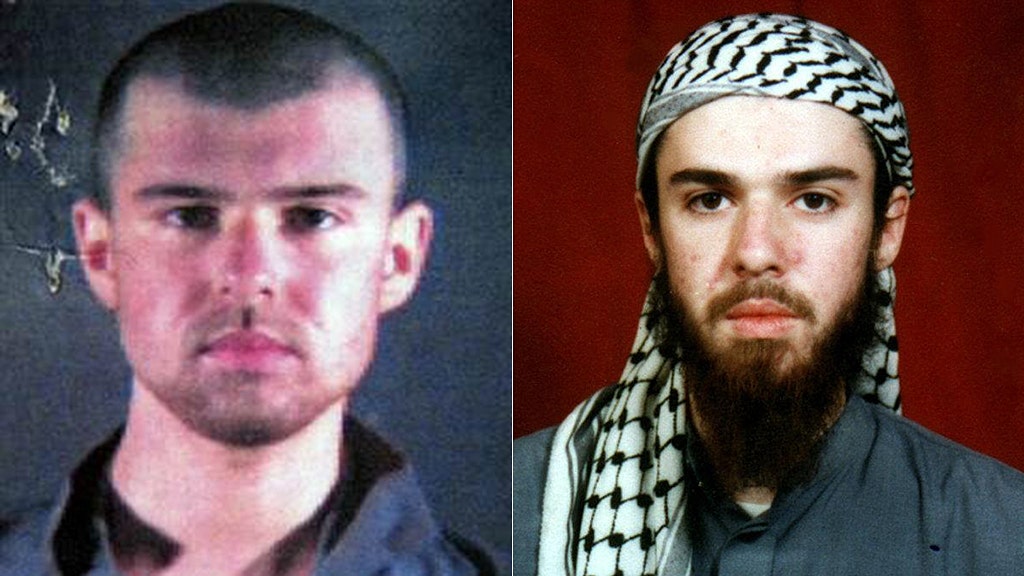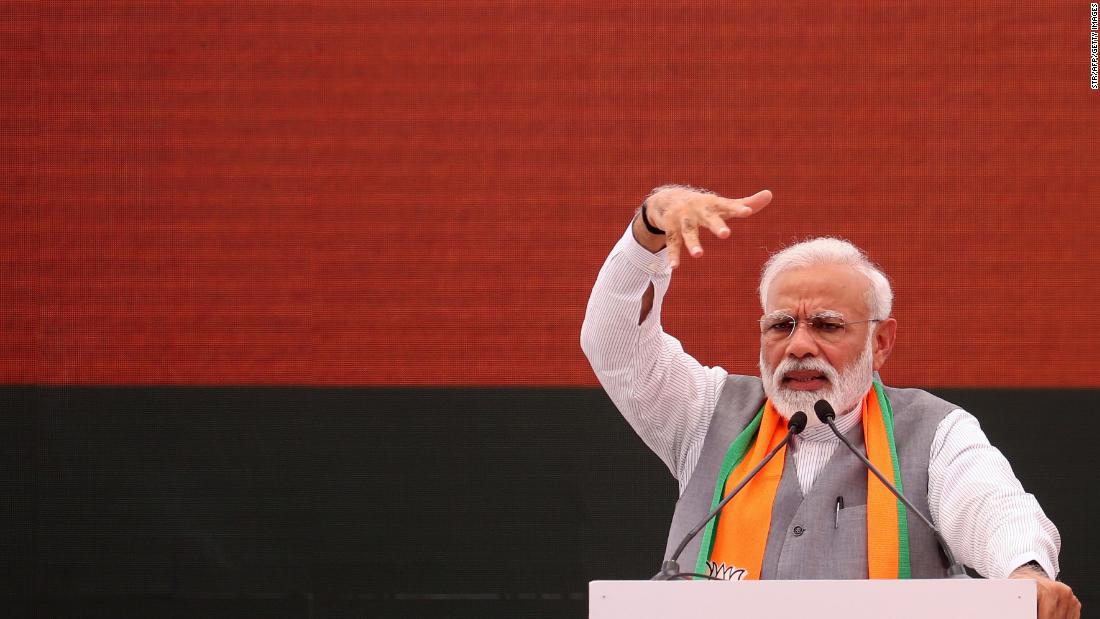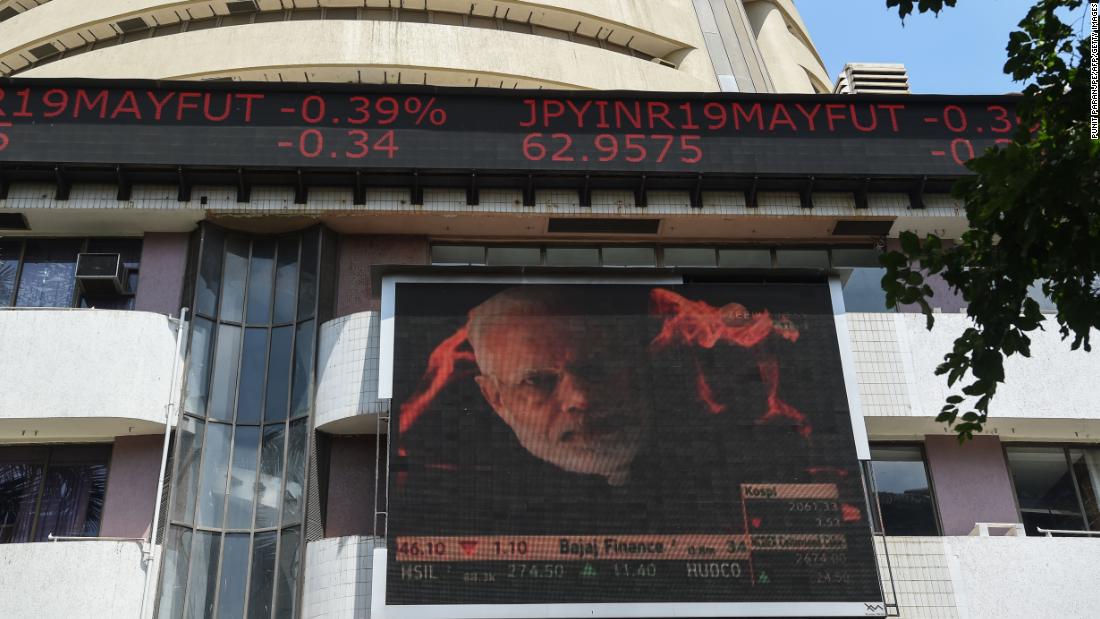
John Walker Lindh, the captured Islamic militant who at age 20 journeyed to Afghanistan to join the Taliban and fought alongside the terrorists in the days after 9/11, was released from a U.S. federal prison in Indiana on Thursday -- despite lawmakers' concerns about the “security and safety implications” of freeing an unrepentant terrorist who officials say continues to “openly call for extremist violence."
Lindh, dubbed the "American Taliban," had been serving his sentence at the Terre Haute, Indiana facility. He was discharged several years before completing the 20-year prison sentence he received for joining and supporting the Taliban, with officials citing "good behavior" for the early release. The former Islamist fighter and enemy combatant, named “Detainee 001 in the war on terror,” was captured alongside a group of Taliban fighters in 2001, just months after the Sept. 11 attacks and the start of the war in Afghanistan.
DAUGHTER OF AMERICAN KILLED AFTER SPEAKING WITH LINDH SLAMS UPCOMING EARLY RELEASE
As he reintegrates into American society, Lindh will have a set of heavy restrictions placed on him. Some lawmakers, however, question whether the safeguards are stringent enough.
“We must consider the security and safety implications for our citizens and communities who will receive individuals like John Walker Lindh, who continue to openly call for extremist violence,” Sens. Richard C. Shelby, R-Ala., and Maggie Hassan, D-N.H., wrote in a letter to the Federal Bureau of Prisons late last week and that was obtained by the Washington Post.
In the letter, the lawmakers reportedly sought details on how the agency is working to prevent prisoners such as Lindh from committing additional crimes after their release. They also asked which other “terrorist offenders” are next in line to be freed and how the Federal Bureau of Prisons determines whether or not someone is an “ongoing public threat.”
Lindh has been blamed for playing a role in the death of Johnny “Mike” Spann, a U.S Marine turned CIA paramilitary operative who became the first American to be killed in combat in Afghanistan. Spann’s daughter, Allison, told Fox News in March that Lindh’s early release “feels like such a slap in the face.”
LINDH IS SET TO BE RELEASED – SHOULD WE BE WORRIED?
In November 2001, U.S forces learned that an American – Lindh – was among the cluster of Taliban fighters left in limbo after their leader surrendered to the Northern Alliance in the northern Afghanistan province of Mazar-i-Sharif. Spann was the first to go into a compound there, serving as a prison, to interview Lindh, peppering him with questions about where he was from and what he was doing. But Lindh refused to respond.
“In those moments, when he chose to stay silent, he sealed his fate as a traitor to the United States,” Allison Spann said. “At any point, he could have warned him that something was being planned.”
Hours later, Lindh’s fellow detainees erupted in a violent revolt that left Mike Spann dead.
The initial charges leveled against the then 20-year-old Lindh in 2002 included one for murder conspiracy due to the role he played in the deadly prison rebellion.
However, nine of the ten counts in an indictment were then dropped and Lindh ended up pleading guilty to disobeying an executive order outlawing support to the Taliban and for possessing a weapon in Afghanistan.
Lindh at the time told a U.S. district judge he never intended to kill Americans.
“I did not go to fight against America, and I never did,” Lindh said, according to The Washington Post. “I have never supported terrorism in any form, and I never will … I made a mistake by joining the Taliban. Had I realized then what I know now, I would never have joined them.”
Sentencing reports have indicated that “good behavior” may serve as justification for Lindh’s early release.
A convert to Islam hailing from northern California’s Marin County, Lindh made the journey to Afghanistan after journeying through Yemen and Pakistan as a 19-year-old shortly before the Sept. 11 attacks. He underwent training in Kandahar and met with Al Qaeda chief Usama bin Laden on at least one occasion.
In 2017, the National Counterterrorism Center, according to documents obtained by Foreign Policy, underscored that Lindh continued to "advocate for global jihad and write and translate violent extremist texts."
CLICK HERE TO GET THE FOX NEWS APP
Furthermore, he is alleged to have told a TV producer last March that he would “continue to spread violent extremism Islam upon his release.”
When he leaves lockup, Lindh, according to court records viewed by the Washington Post, will need permission to obtain Internet-connected devices, will not be allowed to talk online in any language but English and will be barred from having a passport, among other restrictions.
Fox News' Greg Norman and Hollie McKay contributed to this report.
https://www.foxnews.com/us/american-taliban-militant-john-walker-lindh-released-from-prison
2019-05-23 12:42:20Z
52780301035379




